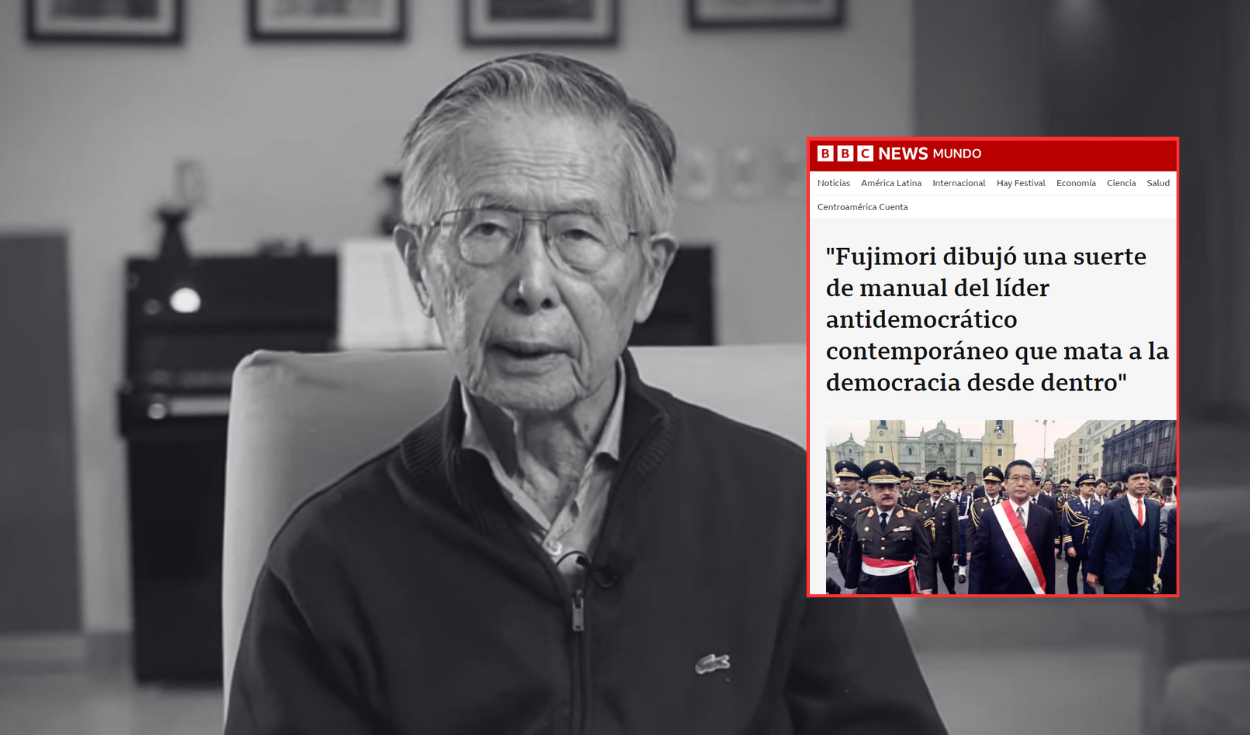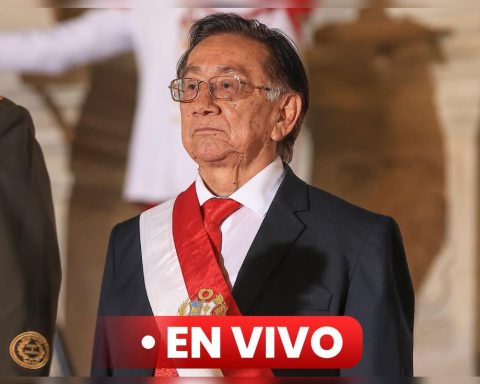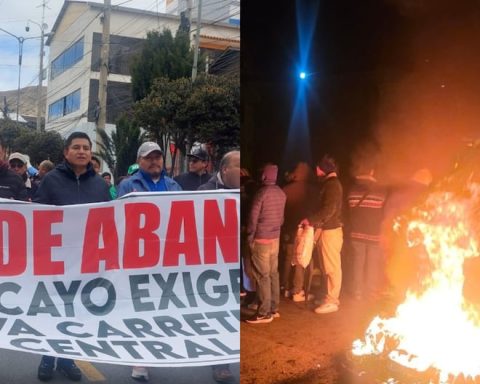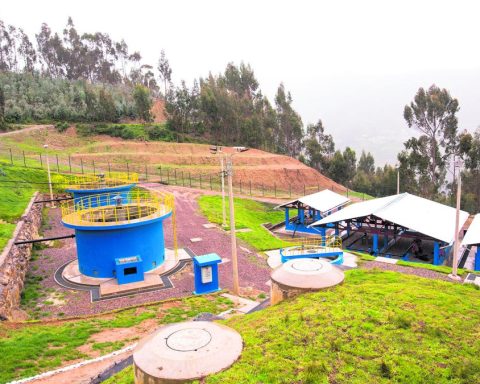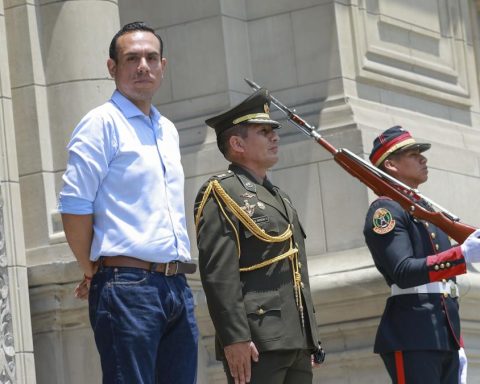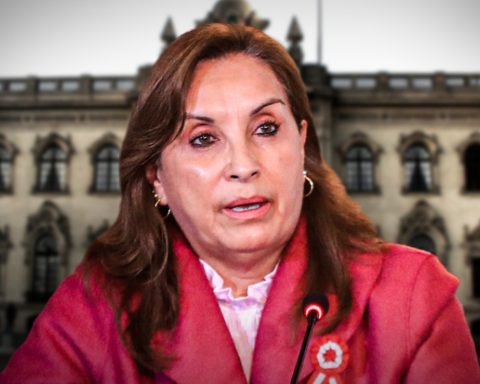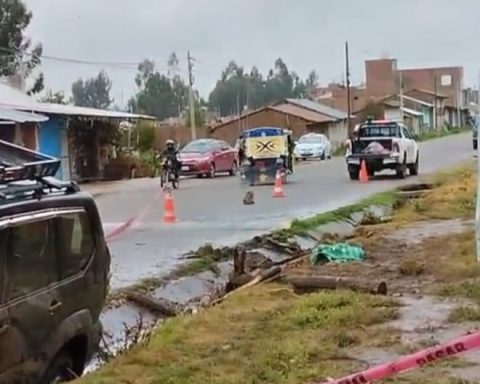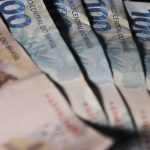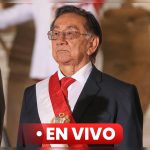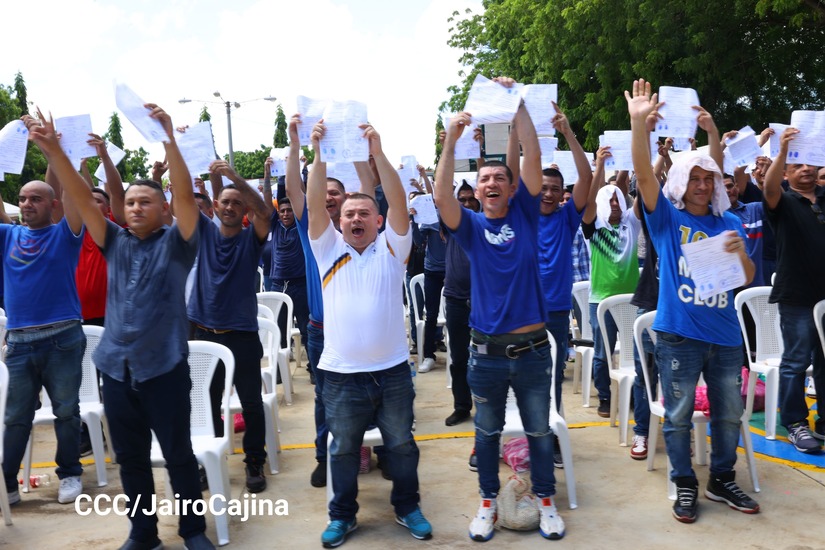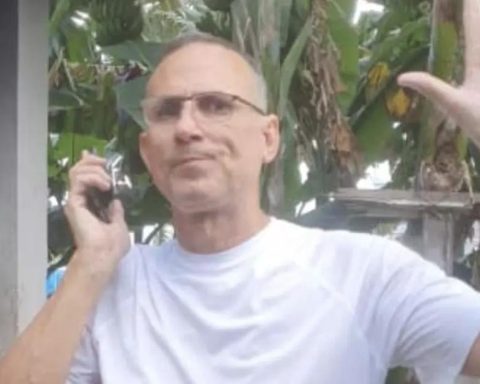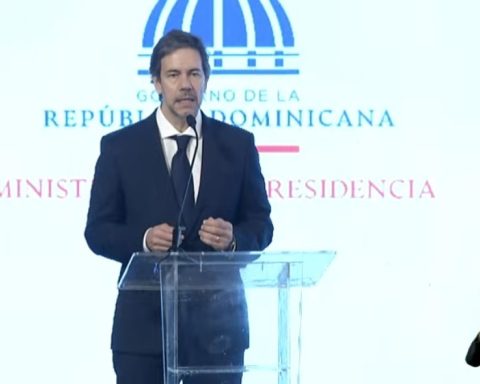He Former dictator Alberto Fujimori passed away On September 11, Fujimori was arrested without serving the 25-year sentence imposed on him and without paying the million-dollar civil reparation he owed the State. His death had an echo in the national and international sphere. In this context, the BBC published the news under the headline “Fujimori has drawn up a kind of manual for the contemporary anti-democratic leader who kills democracy from within.”
“He won an election without having any political experience. As president, he polarized his country and concentrated power at the expense of democracy. His heavy-handed security strategy was popular despite violating human rights. And, when he reached the end of his term, he wanted to stay in office,” reads the subtitle of the post written by Gerardo Lissardy.
The note then highlights Fujimori’s form of government.Alberto Fujimoriwho presided over Peru from 1990 to 2000 and died on Wednesday at the age of 86, embodied in that decade a way of conceiving government with recipes that have since been repeated in several Latin American countries, although he was sent to prison,” it reads.
The publication also includes an interview with Peruvian political scientist Alberto Vergara, who provides a critique of the coup against democracy that was represented during the years of government of the late leader of Cambio 90.
“Probably unintentionally, Fujimori drew up a kind of road map or manual for the contemporary anti-democratic leader, who does not kill democracy by coming from outside democracy but from within,” the specialist told the BBC.
Vergara also outlined the profile and memory that the former dictator leaves among Peruvian citizens. “I think that the memory will be loaded with that ambivalent content: he will be the leader that people remember as having ended terrorism and economic misgovernance; but people also know that he is the one who stole and murdered, whose political life was marked from beginning to end by dishonesty and illegality,” she noted.
“I think that what is always overlooked is that this initial moment of recovery of basic state capacities gives way very quickly to a government marked by corruption, human rights violations and the accelerated deinstitutionalization of the country, which leads to Peru’s economic growth being very poor in the final years of Fujimori’s administration, with a rather mediocre, sinister government,” he added.
End of Fujimorism?
In this regard, the BBC asked Vergara if the Death of the former dictator leads to the closure of Fujimorism.
“The dispute over the interpretation of that chapter is not over, and will continue. But in political terms, I think that his chapter was already closed before his death. I have the impression that Fujimorism is diluted in the contemporary political order of Peru, which is an order basically marked by a lumpen and mafia logic rather than a political one,” he said.
